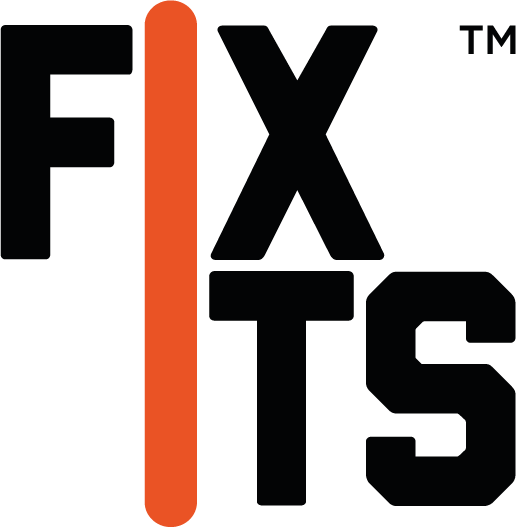Rubbish is a big problem.
The average family in the UK produces more than a tonne of waste every year.[1] Just under half of that is recycled.
That’s a lot of paper, food and garden waste, disused plastic and glass products, and electronic waste.[2]
Most of it is shipped off to countries like Malaysia, Turkey, Indonesia and Poland.[3] (Though this is changing for other European countries; from 2021 the EU banned shipments of unsorted plastic waste from EU to non-OECD countries.[4])
It’s not just an environmental hazard, or potentially dangerous to human health. It’s an enormous waste of material that could otherwise be turned into useful things.
In fact, seen this way, our waste has incredible hidden value. Instead of burning or burying the millions of tonnes of waste we make each year, we could turn it into something else. “One man’s trash is another man’s treasure” and all that.
We could be alchemists! There is actually more gold (literally) in 1m cubed of shreddedcircuit board than there is in 1m cube gold ore. The problem is we don’t have the infrastructure to collect and process it globally.
We’ve already shown how to create value from raw materials in the form of new products. But we haven’t created a system that can do the opposite: create value from waste.
Imagine a world where we use our waste as the building blocks to create anything and everything, from laptops to carpets.
Some countries are innovating in this area. Japan is streets ahead, for example, with its ‘eco-towns’ that recycle 80% of their waste, thanks to advanced technology, tight legislation and good communication between waste agencies and manufacturers.[5] And look at countries like Norway and Germany with bottle return schemes that result in 97% of all plastic drinks bottles being recycled.[6]
There’s a way to go. It boils down to purity of material, and the ability to identify that material. Whoever can sort that out will be solving one of the most urgent issues of our time.
So: rubbish is a big problem? Correction. Rubbish is a big opportunity.
[3] https://www.bbc.com/news/science-environment-49827945
[5] https://www.theguardian.com/environment/2011/dec/29/japan-leads-field-plastic-recycling
[7] https://www.forbes.com/sites/bridgetshirvell/2019/12/19/the-upcycled-food-industry-is-worth-467b-here-are-11-products-you-can-try-at-home/?sh=488c8968340d




